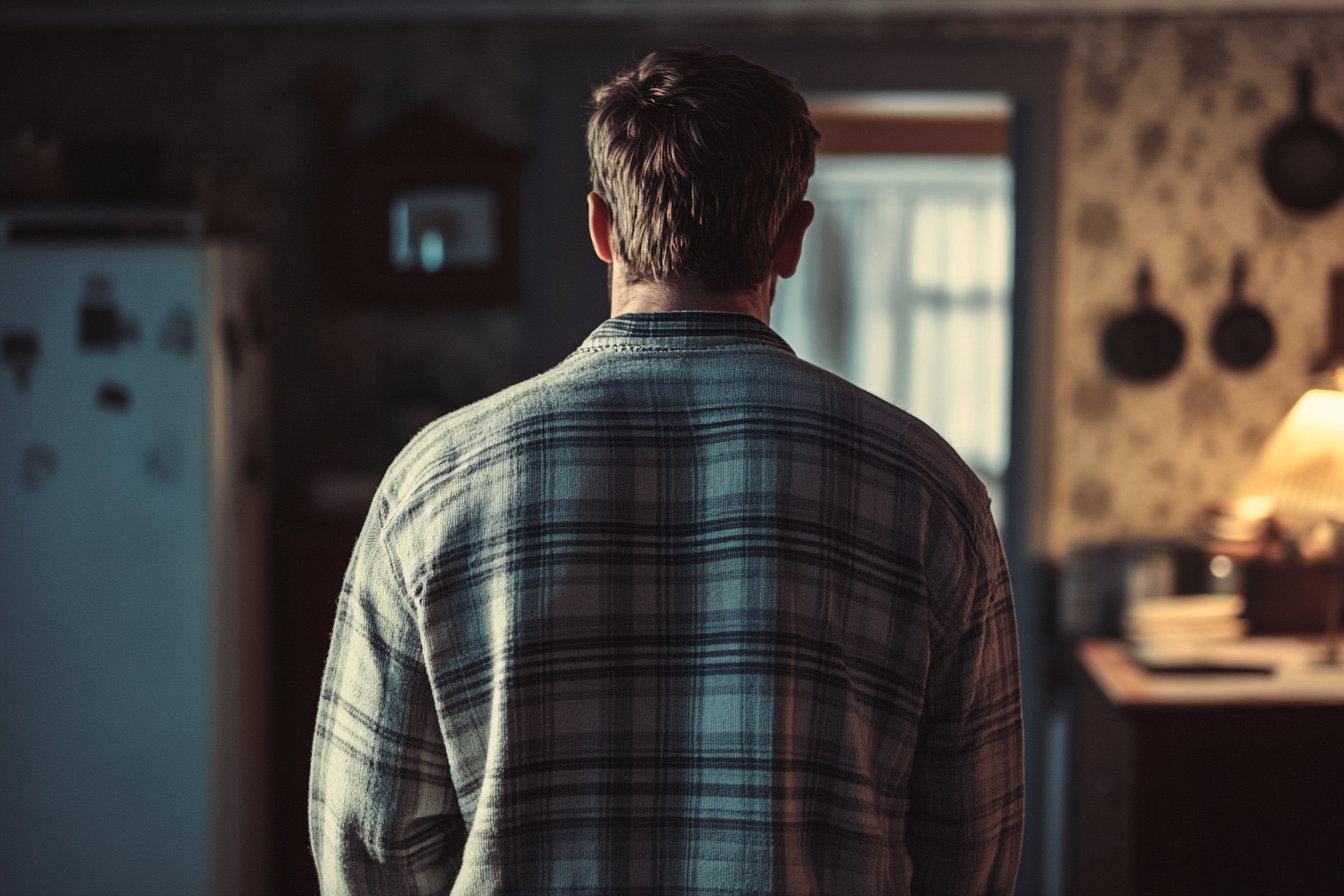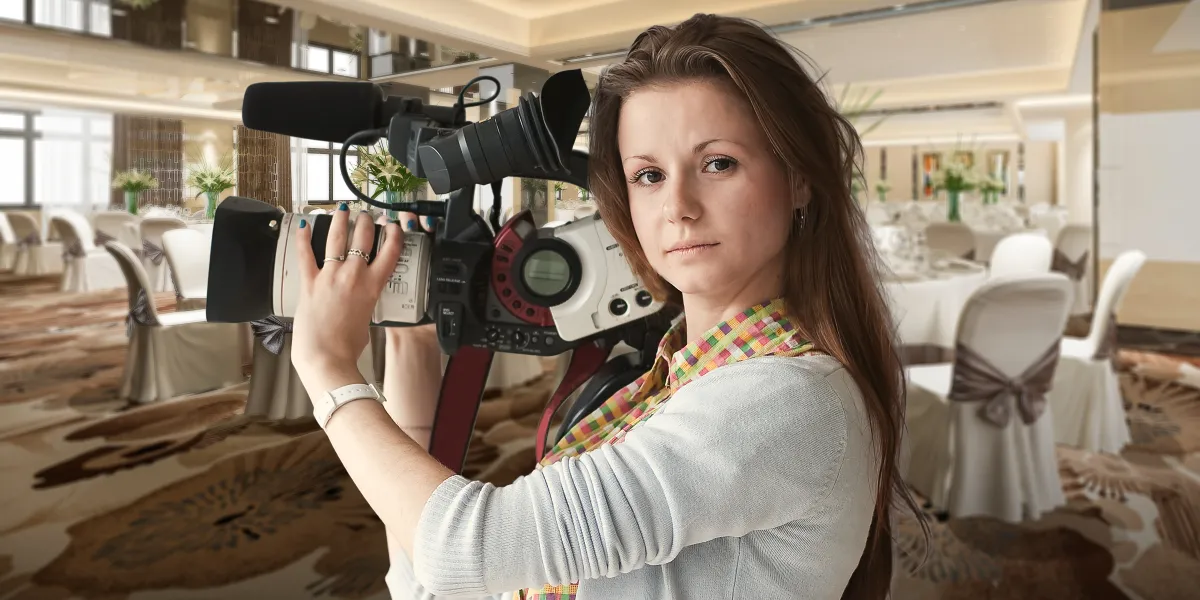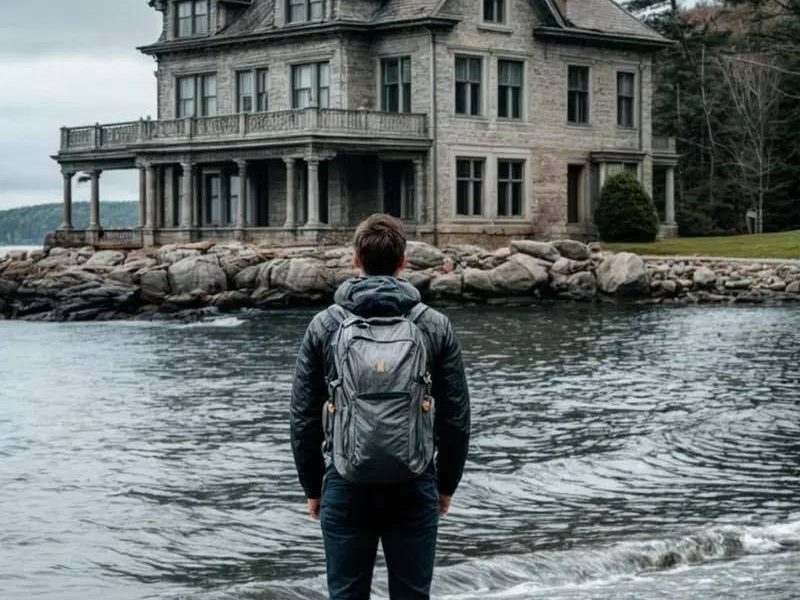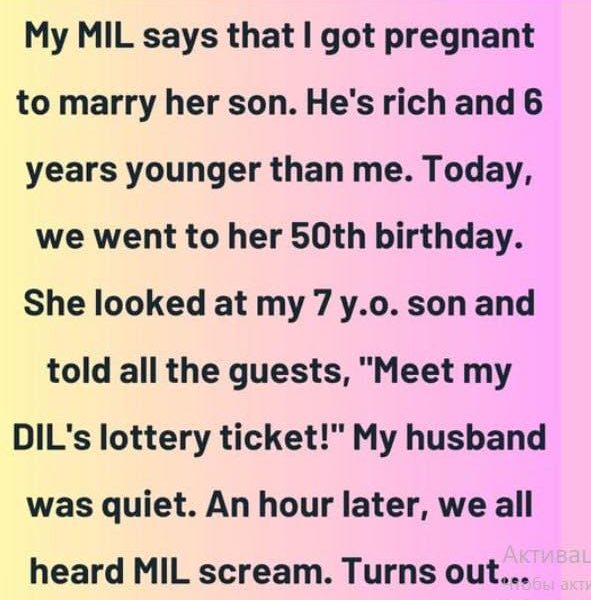My half-sister Ava asked me to photograph her wedding for free, and I agreed, hoping for a connection. I poured my heart into the job, but when she said I didn’t deserve a seat to eat because I was “working,” I walked out, reclaiming my value.
My dad left when I was three, leaving my mom crying and a suitcase half-packed. A year later, he announced his new wife, Lorraine, was pregnant with Ava. “You’re a big sister!” he told me at seven. I smiled, but Ava was a distant figure, mentioned in Dad’s rare updates. “Ava’s biking!” or “She’s in a play!” We never shared birthdays or visits, just a father who drifted in and out. His cards grew vague, his visits scarce, and I felt like an extra in his new family’s story.

Photography became my refuge. While peers partied, I saved for a camera, capturing life’s moments. After college, I thrived shooting ads and portraits, avoiding weddings’ emotions. But I excelled when I did them. One day, Dad called, his tone too bright. “Ava’s getting married! She’d love your photos.” I scoffed. “We’re strangers!” He insisted it could bond us. My gut said no, but a lingering hope for his approval made me agree, on the condition my boyfriend, Jake, assist and I be treated as family. “Absolutely!” Dad said.
The wedding day dawned clear, but I was nervous. Jake and I arrived early, gear ready. Ava sat with bridesmaids, barely glancing up. “Here’s the shot list,” she said, handing me a detailed plan. No “thank you” or warmth. “Congrats,” I said, forcing cheer. She rattled off demands—dress shots, candids, Lorraine’s photos. Her mom greeted me stiffly, saying, “Your dad said you’d help,” like I was a volunteer. I bit back irritation and started shooting.
Jake and I worked relentlessly for six hours, capturing Ava’s dress, Dad’s tears (absent for me), and the ceremony. My feet screamed, and no one offered water. After the ceremony, Ava called for family photos, excluding me. I posed them, feeling like staff. Jake slipped me water, murmuring, “You’re incredible.” Hunger gnawed as the sun set. “Let’s eat,” Jake said. We searched for seats, finding none. I asked Ava, “Where do we sit?” She frowned. “There’s no seat. You’re working, not a guest.”
I was stunned. “I’ve had no food for eight hours.” She shrugged. “Photographers don’t sit. We didn’t budget for you.” I snapped, “You paid nothing.” She sighed. “Thought you were being kind. Need money for food?” Years of being overlooked flooded back. “We’re done,” I told Jake. Ava protested, “The reception shots!” I packed up. “Get another photographer.” Dad pleaded, but I said, “Ava made it clear I’m not family.” Jake and I walked out.
We dined lavishly at a steakhouse, toasting to self-respect. Ava’s texts raged—“You ruined everything!”—and Dad begged for photos. I ignored them, importing unedited shots. I left a USB in Ava’s mailbox—raw, unpolished photos. She called, livid. “These are awful!” I said, “You got what you paid for.” I told her not to call unless she wanted a real relationship, then blocked her. Dad visited, admitting his failure. “That’s our story,” I said. He left, and I felt lighter. Cutting ties freed me for those who truly see me.


